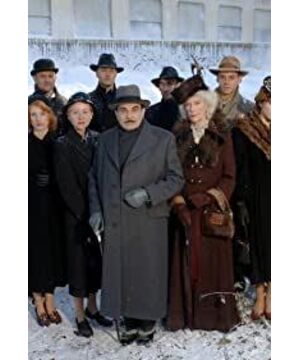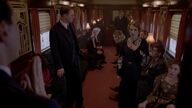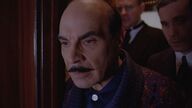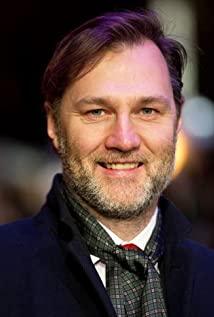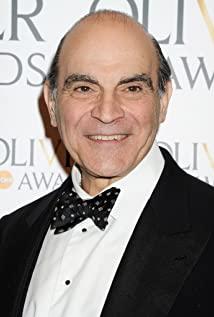First of all, the twelve people are inextricably linked to the "Girls' ticket tearing case". I call their life from the ticket tearing shore to the time before boarding the train "the past". In the past, some people were devastated by the tragedy of their relatives, some were indignant at the misfortune of their friends, and some people's fathers were humiliated for the rest of their lives, and so on. The misfortune of the girl's family was so heavy that everyone involved was infected with misfortune. But the main culprit who caused this huge misfortune, because of the powerful force behind it, distorted the truth, and the law did not give a fair ruling. This further deepens the suffering of the victim's relatives and triggers the first contradiction, an imbalance between psychological comfort and social justice.
When the murder happened, the Duchess, reading their judgment to the sober and immobile demons, each stabbed the knife with force, and the carriage seemed to become some kind of court, carrying out violence against violence. ceremony. In the end which knife is the fatal wound? Every knife is, only in this way can the twelve of them be relieved and bear this crime together. In fact, when the demon realized the threat, he had already begun to repent and asked the detective to protect him. He would atone for his sins, but he just had to finish the ride and ask God to keep him out of danger before going to bed. What exactly was his atonement? We'll never know, just never in the form the devil wants. This leads to a second contradiction, the inconsistency between the devil's atonement and the jury's verdict.
And Mr. Detective is actually the "God's perspective" in this film. He knows the cause and effect of all this, whether it's the "ticket tearing case" or the "train murder case", he believes in the law, believes in fairness and justice, and does not allow anyone to challenge the majesty of the law . But at the same time he also has a devout belief, Catholic teachings, believe that sinful people can be forgiven under certain circumstances. He didn't want to go into this muddy water, but he was arranged for such a challenge, and the closer he got to the truth, the more painful he became. There is no absolute right or wrong, no absolute right or wrong. In his heart, he is experiencing the third contradiction, the struggle between law (justice) and faith (morality).
This film is suitable for a leisurely afternoon to watch, and only after watching it patiently can it finally experience the final climax. The ending is perfect, the devil gets his due punishment, and the twelve blood-stained jury is not exposed, because the detective realizes in his heart that there is no absolute justice in the law. The law serves the society, but this time the law not only did not heal the pain of the victims, but also deepened the pain. Outside the law, it can only be left to morality and faith.
So I think the twelve jury, the life after the murder, is balanced and complete, and if I did become the detective or the director, I would have made the same decision.
View more about Murder on the Orient Express reviews


